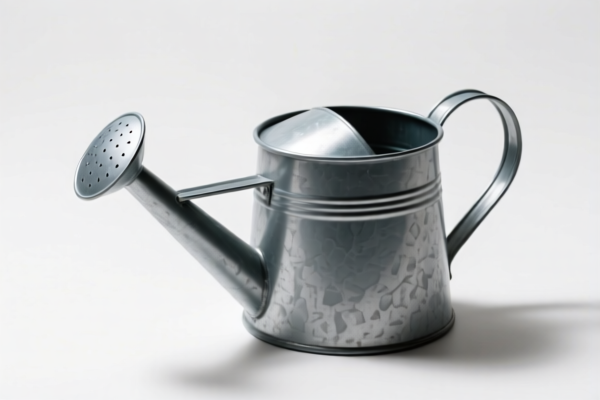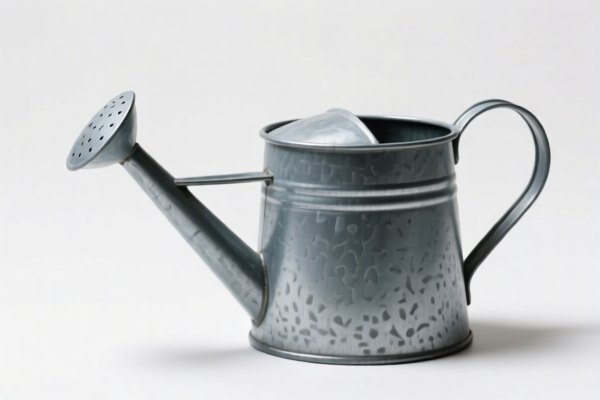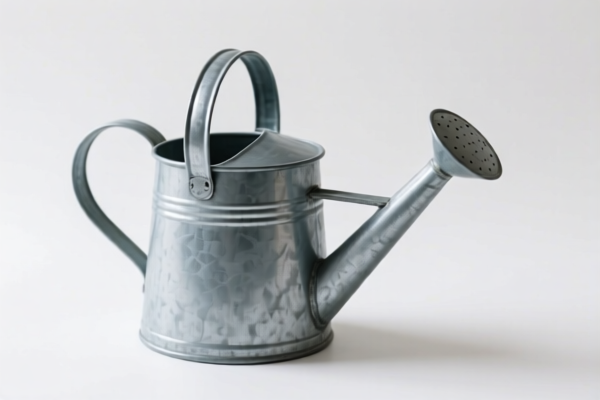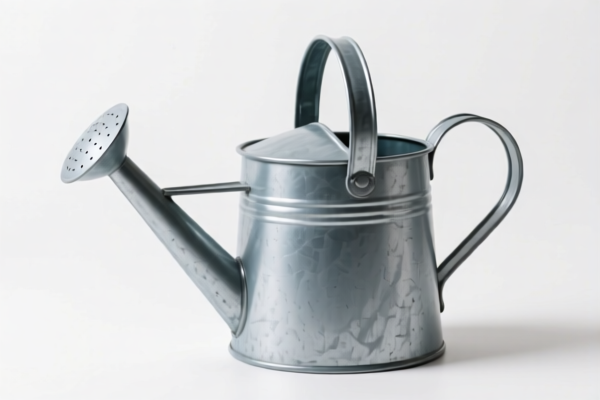| HS Code | Official Doc | Tariff Rate | Origin | Destination | Effective Date |
|---|---|---|---|---|---|
| 8210000000 | Doc | 58.7% | CN | US | 2025-05-12 |
| 3923900080 | Doc | 58.0% | CN | US | 2025-05-12 |




Okay, let's break down the classification and tax implications for your declared item, "SPRINKLING CAN," based on the provided HS codes. It appears there are two potential classifications identified, and we'll examine each.
Analysis of HS Codes for "SPRINKLING CAN"
Here's a detailed look at each HS code, its meaning, and what it implies for your import/export process:
1. HS Code: 8210.00.00.00 – Hand-operated mechanical appliances
- Chapter 82: This chapter covers "Mechanical appliances; parts thereof." Essentially, tools and devices powered by hand, not electricity or other power sources.
- 8210: Specifically covers "Hand-operated appliances for preparing, conditioning or serving food or drink; base metal parts thereof." This includes items like graters, mixers, juicers, and similar kitchen tools.
- 8210.00: Further specifies appliances weighing 10 kg or less.
- 8210.00.00: This is the most granular level, covering all hand-operated appliances within the specified weight range.
Applicability to "SPRINKLING CAN": If your "SPRINKLING CAN" is primarily used for preparing or serving food or drink (e.g., sprinkling water or liquids for cooking, baking, or beverage preparation), and weighs 10 kg or less, this HS code is a strong possibility. However, if it's used for other purposes (e.g., gardening, cleaning), this code may not be appropriate.
Tax Implications (as provided):
- Basic Duty: 3.7%
- Additional Duty: 25.0% (current rate)
- Additional Duty (Post April 2, 2025): 30.0%
- Total Tax: 58.7%
2. HS Code: 3923.90.00.80 – Articles for the conveyance or packing of goods, of plastics
- Chapter 39: This chapter covers "Plastics and articles thereof."
- 3923: Specifically covers "Articles for the conveyance or packing of goods, of plastics; stoppers, lids, caps and other closures, of plastics." This includes things like plastic containers, bottles, and packaging materials.
- 3923.90: Further specifies "Other" articles within this category.
- 3923.90.00.80: This is the most granular level, covering other plastic articles for conveyance or packing.
Applicability to "SPRINKLING CAN": If your "SPRINKLING CAN" is made of plastic and is primarily used for conveying or packing goods (even if it's just water or liquid), this HS code could be applicable. This is especially relevant if it's designed for transporting liquids.
Tax Implications (as provided):
- Basic Duty: 3.0%
- Additional Duty: 25.0% (current rate)
- Additional Duty (Post April 2, 2025): 30.0%
- Total Tax: 58.0%
Recommendations & Key Considerations:
- Material Composition: Crucially, confirm the primary material of your "SPRINKLING CAN." Is it predominantly plastic, or metal? This will heavily influence the correct HS code.
- Primary Function: What is the main purpose of the item? Preparing food/drink (8210) or conveyance/packing (3923)?
- Detailed Description: Provide a more detailed description of the "SPRINKLING CAN" to customs. Include details like:
- Dimensions
- Weight
- Material(s) used
- Specific application (e.g., "plastic watering can for garden use," "metal sprinkler for baking")
- Certification: Depending on the final HS code and the intended use of the item, you may need specific certifications (e.g., food safety certifications if used for food preparation). Please verify the requirements for your specific import destination.
- Post-April 2, 2025 Tariffs: Be aware of the upcoming tariff changes. Factor the potential 30% additional duty into your cost calculations.
- Consult with a Customs Broker: For the most accurate classification and to avoid potential delays or penalties, it's highly recommended to consult with a licensed customs broker in your import country. They can review the item's specifications and provide definitive guidance.
Disclaimer: I am an AI assistant and cannot provide legally binding customs advice. This information is for general guidance only. Always consult with qualified professionals for specific import/export regulations.
Customer Reviews
No reviews yet.